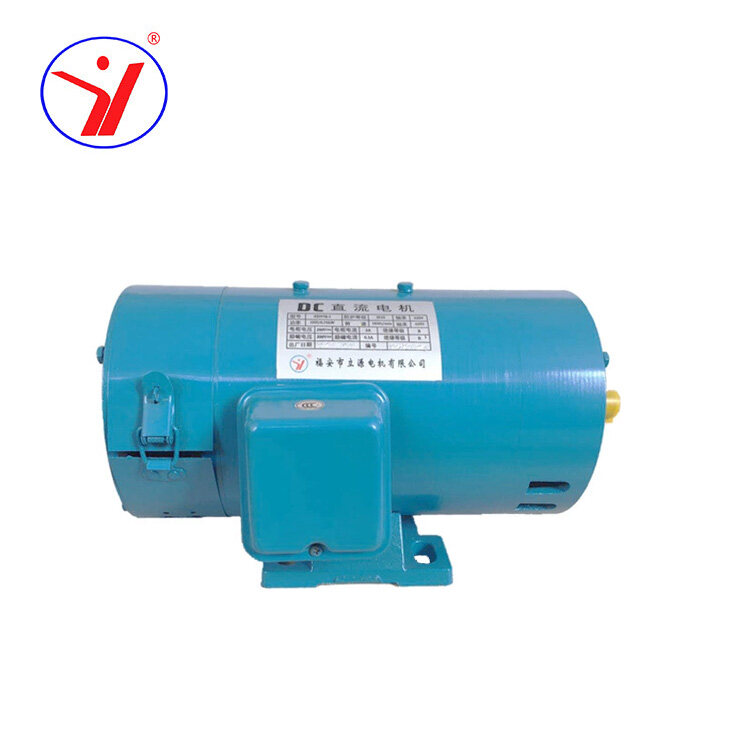Common Safety Considerations in DC Motor Power Supply and Speed Control
Introduction
Direct current (DC) motors are widely used in various industries and applications due to their versatility and efficiency. However, when it comes to power supply and speed control, there are several safety considerations that need to be taken into account. In this blog post, we will discuss some of the common safety issues and precautions associated with DC motor power supply and speed control.
Electrical Hazards
One of the primary safety concerns in DC motor power supply is the risk of electrical hazards. High voltage and current levels can pose a significant danger to personnel working with or around the motor. To mitigate this risk, it is essential to ensure proper grounding and insulation of all electrical components. Regular inspections and maintenance should be conducted to identify and address any potential electrical faults or failures.
Overheating
DC motors can generate a significant amount of heat during operation, especially when subjected to heavy loads or prolonged use. Overheating can lead to motor failure or even fire hazards. To prevent overheating, it is crucial to provide adequate ventilation and cooling mechanisms for the motor. Regular monitoring of motor temperatures and implementing thermal protection devices can help prevent overheating-related accidents.
Mechanical Hazards
In addition to electrical hazards, mechanical hazards associated with DC motors should also be considered. Moving parts, such as rotating shafts and gears, can pose a risk of entanglement or crushing injuries. Proper guarding and safety measures, such as installing protective covers and emergency stop buttons, should be implemented to prevent accidents and ensure operator safety.
Control System Failures
DC motor speed control systems rely on electronic control circuits and devices. However, these components can fail, leading to unexpected motor behaviour or even complete system failure. To minimise the risk of control system failures, redundant control circuits, backup power supplies, and regular maintenance and testing should be implemented. Additionally, implementing fail-safe mechanisms, such as emergency shutdown systems, can help mitigate potential risks.
Electrical Interference
DC motor power supply and speed control systems can generate electrical interference that may affect other nearby electronic devices or systems. This interference can lead to malfunctions or disruptions in sensitive equipment. Proper shielding and grounding techniques should be employed to minimise electromagnetic interference (EMI) and radio frequency interference (RFI). Compliance with relevant electromagnetic compatibility (EMC) standards is essential to ensure safe and reliable operation.
Training and Education
Lastly, ensuring that personnel involved in DC motor power supply and speed control are adequately trained and educated on safety procedures is crucial. They should be aware of potential hazards, emergency protocols, and proper handling techniques. Regular safety training sessions and refresher courses should be conducted to keep employees up to date with the latest safety practices.
Conclusion
Safety should always be a top priority when it comes to DC motor power supply and speed control. By addressing common safety considerations such as electrical hazards, overheating, mechanical hazards, control system failures, electrical interference, and providing proper training, we can ensure the safe and efficient operation of DC motors. Implementing appropriate safety measures not only protects personnel but also helps prevent costly accidents and equipment damage.


